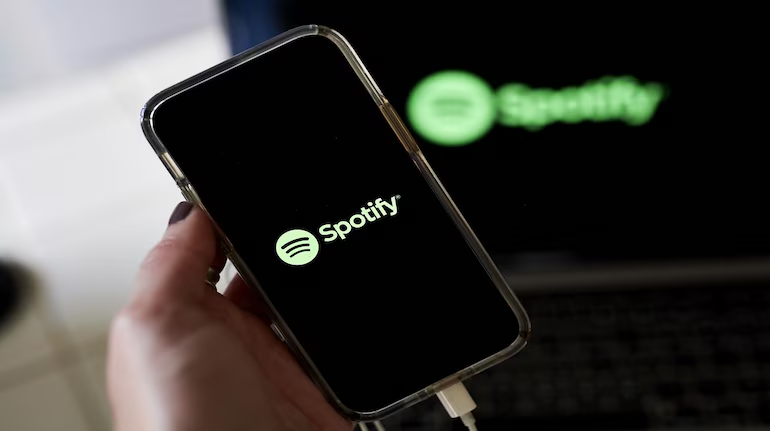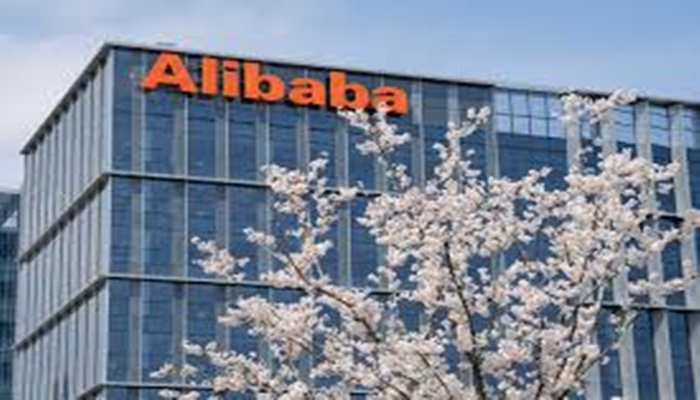As tech innovations bring AI to the workplace, its risks are showing up as well as benefits. AI is boosting all sorts of bad behavior, from hacking to manipulating elections. Now CNBC reports on a new way bad actors are using AI technology: to game the job application process. Apart from the inconvenience caused by flooding company email inboxes with fake applications, the practice brings significant risks—depending on their agenda, a newly hired fake worker could wreak all sorts of business-disrupting havoc.
The network cites a story from Pindrop Security, an Atlanta-based voice authentication startup. The company’s team grew suspicious of one particular applicant because during his video interview for the senior engineering role there was a mismatch between his facial expressions and the words he spoke. It turns out the applicant, dubbed “Ivan X,” was using deepfake generative AI tools to cover his identity in an effort to get hired.
CEO and co-founder Vijay Balasubramaniyan said, “Gen AI has blurred the line between what it is to be human and what it means to be machine,” and added that he’s seeing people create fake identities, hide behind fake voices, and even use face-swapping tech. Research firm Gartner, CNBC reported, predicts that by 2028 one in every four job applicants will be fake.
The phenomenon isn’t limited to cybersecurity jobs like those offered by Pindrop, either. Last May, the Justice Department alleged that over 300 U.S. companies had accidentally hired impostors to work remote IT-related jobs. The workers were actually tied to North Korea, ultimately sending millions of dollars in wages back home, which the Department alleged would be used to help fund the authoritarian nation’s weapons program. More recent reports say this deepfake North Korean scheme has actually expanded, targeting companies across the globe.
Companies that hire these fake employees are at risk for more than accidentally funding a foreign unfriendly regime, though. The network noted that once someone is employed, and can then gain access to company servers and other digital services, they could hack the system to install malware and then ransom the data, or even siphon off trade secrets or actual company funds.
AI’s impact on the job seeking and job advertising market is likely to expand. There are already significant controversies: A Columbia University student, for example, was recently expelled after he was disciplined for selling an AI-powered tool that helped coding job applicants cheat their way through the job seeking process.
Meanwhile, AI is also having beneficial but subtle impacts across the entire labor marketplace, as a recent piece of research shows. The arrival of AI, a team of researchers at Harvard University found, is changing the kind of candidate that companies need. Many are now seeking more highly skilled individuals who can carry out higher-level, more creative problem-solving kinds of tasks—on the premise that AI will take over some of the humdrum but necessary tasks that normally eat up workers’ time. AI is also helping some candidates land jobs by handling some of the basic parts of the process, like sending out résumés to multiple companies—something an AI agent could do in seconds, versus the minutes or hours of human time that would be needed.
Only time will tell if AI will be an overall benefit to the job application market or a curse. But maybe you should warn your company’s HR team to be extra vigilant when they try to hire new talent. Making sure it’s a real person, whose ID matches their real identity, is probably a good first step.
Source – https://www.inc.com/kit-eaton/how-fake-ai-job-applications-pose-risks-for-employers/91173748






















